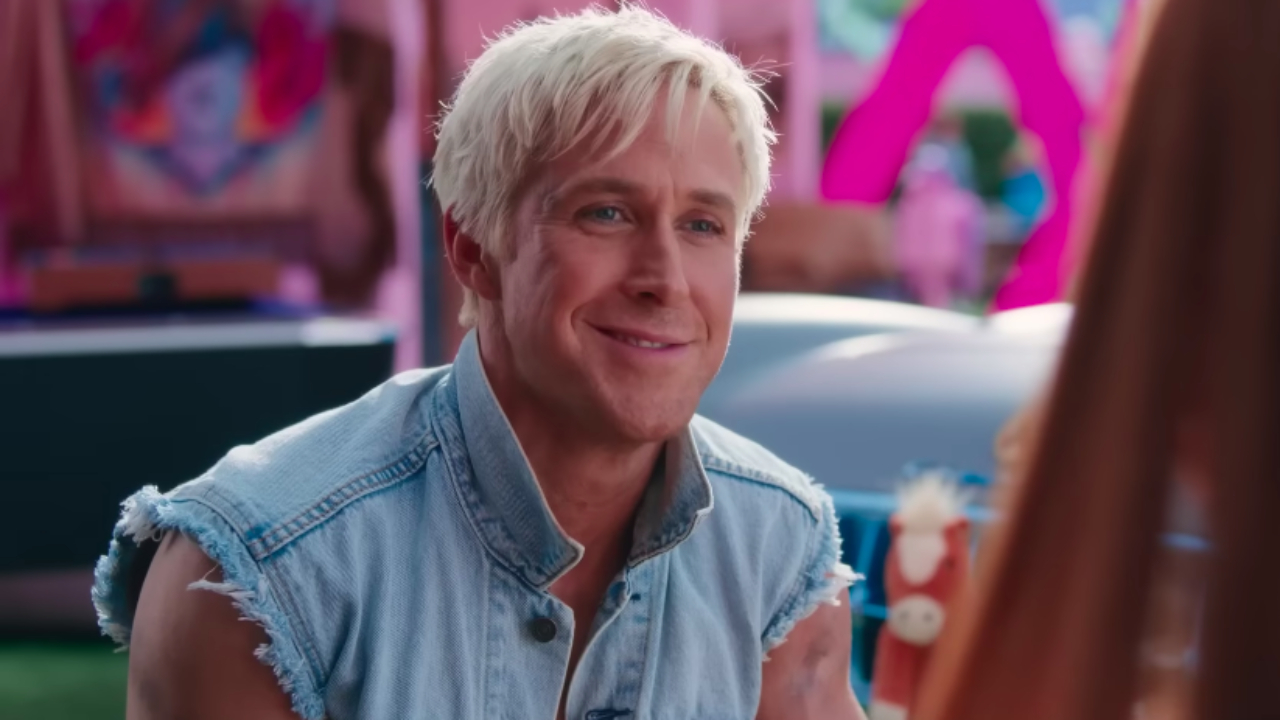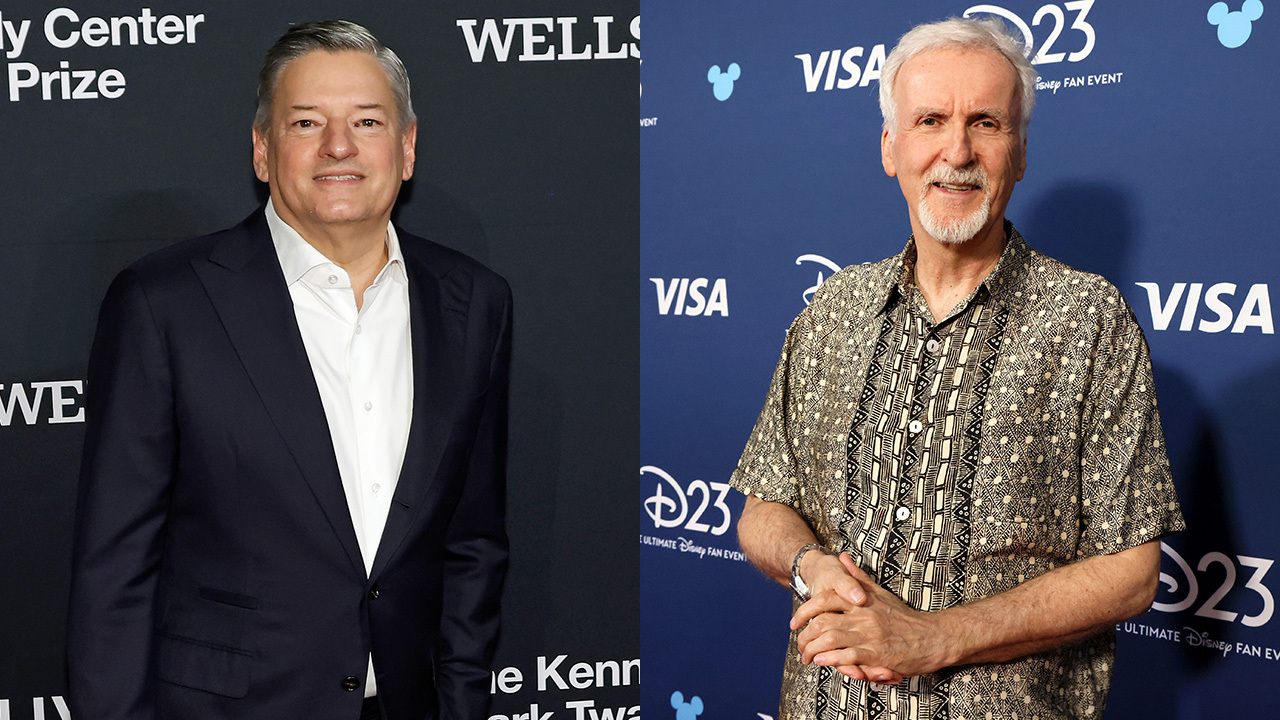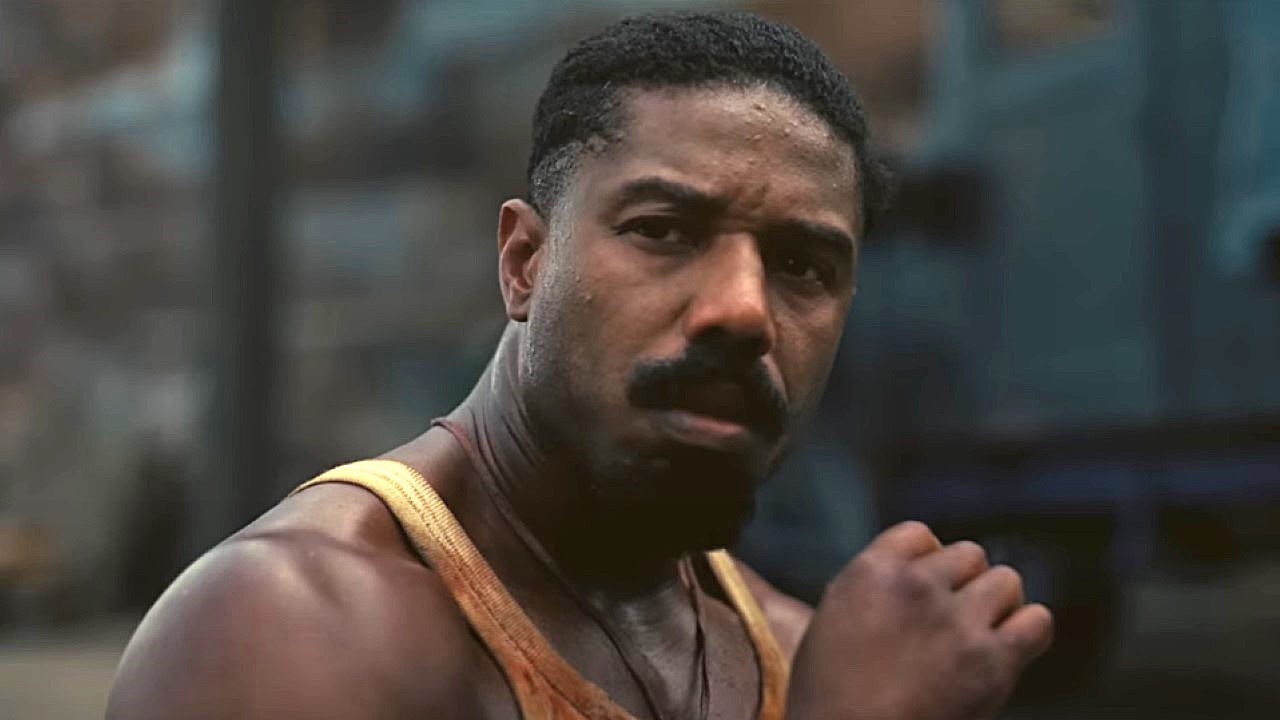Christopher Nolan, Quentin Tarantino And Hollywood's Attitude Towards Original Idea Blockbusters
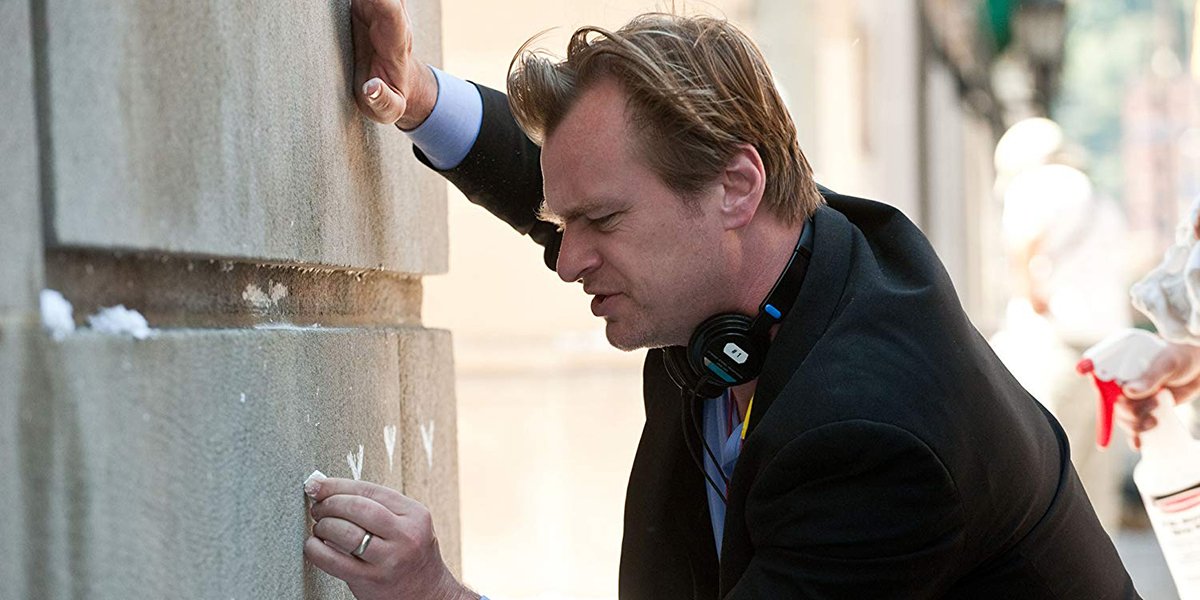
A funny thing happened last weekend when audiences sat down to watch Fast & Furious Presents: Hobbs & Shaw. Before the opening credits rolled, before the wild action, surprising cameos and logical leaps, a trailer played. With no advance warning or rumblings that it was coming ahead of time to put butts in seats, à la when the first trailer for Star Wars: Episode I – The Phantom Menace premiered before Meet Joe Black, audiences were treated to a brief and cryptic teaser for Christopher Nolan’s next film Tenet.
The release of the trailer for a new Christopher Nolan movie is an event, and this was the first time audiences had seen anything from the director’s mysterious and eagerly anticipated follow-up to Dunkirk. It was a killer surprise that became even more noteworthy when audiences left the theater and tried to look up the trailer online to dissect every frame, only to find that it wasn’t there.
In an incredible flex that was a very Nolan move, the Tenet teaser trailer didn’t drop online afterwards, with the director and fierce advocate of the theatrical experience seemingly reserving the trailer for his next film for audiences partaking in a theatrical experience. So trailer write-ups popped up online, and film fans and Nolanites were left to discuss and theorize about what they saw. Even a week later, there is an official website, but no trailer.
Yet what is even more interesting than the old school nature of the trailer’s debut or its enigmatic content, is the film itself and the wider context in which it exists.
It is fittingly ironic that the Tenet teaser premiered before Fast & Furious Presents: Hobbs & Shaw, the ninth installment and first spinoff film in an 18-year-old, $5 billion blockbuster franchise. That’s because Tenet, Inception theories notwithstanding, is not a reboot, sequel, spinoff, an adaptation or based on any existing IP. Tenet is an original idea film.
That feels somewhat novel in today’s Hollywood. This is not to suggest that Christopher Nolan is the only director making original films. Far from it, there are tons of incredible original films from brilliant filmmakers every year, many of which often go overlooked. But I don’t think it is controversial to say that the guiding principle in today’s Hollywood is brand names and recognizable IPs, and that is more apparent and lamented than ever, especially at the blockbuster level.
Christopher Nolan is one of a handful of filmmakers whose name elevates original, non-franchise films into the public consciousness, where they enjoy the kind of excitement and anticipation usually reserved for franchise movies. He achieved this status thanks both to his original work, as well as his time on franchise films, with his Dark Knight Trilogy representing the pinnacle of Batman onscreen.
CINEMABLEND NEWSLETTER
Your Daily Blend of Entertainment News
Christopher Nolan’s presence in the director’s chair turns a movie into an event, regardless of whether it’s a sentimental science fiction tale, an experimental war film or whatever exactly Tenet turns out to be. Another director who would fit into this category is Quentin Tarantino.
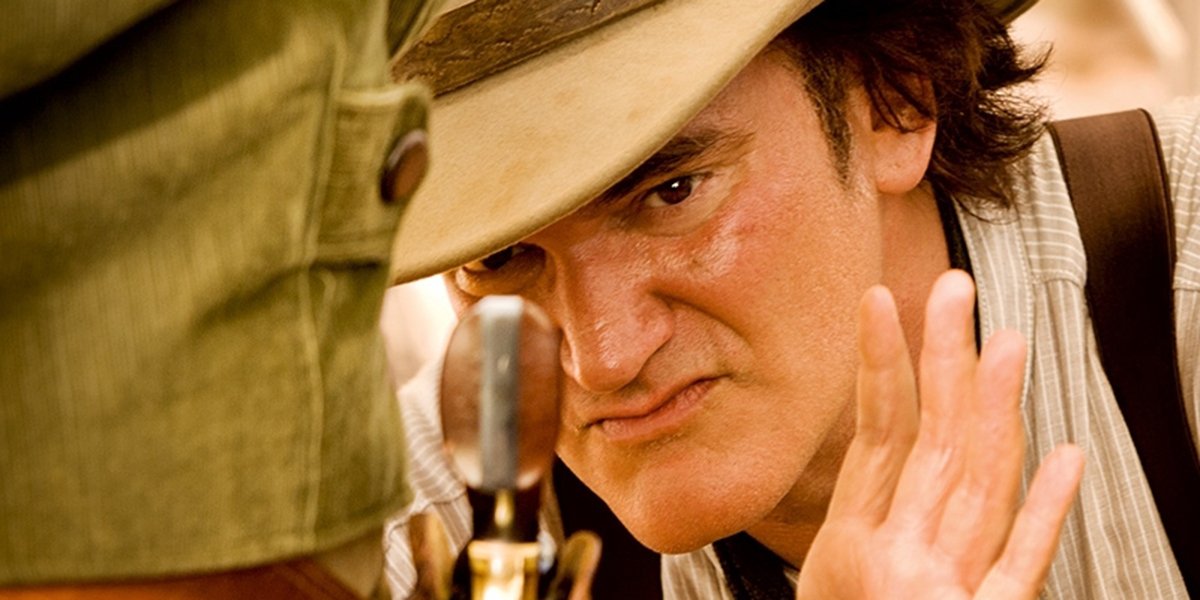
With the recent release of Quentin Tarantino’s ninth film, Once Upon a Time in Hollywood, a great deal of digital ink has been spilled over the film and its director, rivaling that dedication to more traditional blockbuster fare. A lot has been said about the eccentric auteur, his career and how he is one of the last celebrity directors. Brad Pitt, Leonardo DiCaprio and Margot Robbie may get top billing and a spot on the poster, but make no mistake, as is true for all his films, Quentin Tarantino is the real star of Once Upon a Time in Hollywood.
Audiences see a Quentin Tarantino film based on the fact that it is a Tarantino film alone; no other selling points are required. Having a coterie audience that is guaranteed to show up for his movies, as well as the possibility of contention come awards season, affords Quentin Tarantino the creative freedom and budgets to make entirely original films. This is evidenced by the studio bidding war that took place for Tarantino’s ninth film and the fact that Once Upon a Time is his most expensive film yet at $90 million.
He and Christopher Nolan aren’t the only ones who sell on name alone and bring in an audience for original ideas. Filmmakers like P.T. Anderson, Martin Scorsese, Wes Anderson, The Coen Brothers, Spike Lee and Guillermo del Toro are all proven, established directors and occupy this same space to varying degrees. For loyalists of these directors, ”A film by…” followed by their names represents a seal of quality and thus these kinds of big name directors are able to command the budgets they need to tell truly original stories, to a point.
However, when budgets increase, the pool of directors that can command truly big bucks for original ideas shrinks dramatically, even among the elite, big name filmmakers who sell some tickets based on name alone. Even if Quentin Tarantino gets $175 million to make a Star Trek movie, that’s because it’s Star Trek. He'd likely have a much harder time getting that amount for his tenth original movie, not that he’s ever really needed those kinds of budgets. That’s why Christopher Nolan films feel unique.
Of course, Steven Spielberg can probably make whatever he wants, and although James Cameron hasn’t released a movie in a decade, he is unquestionably part of that group. But by and large, the realm of blockbusters is dominated by sequels, reboots, remakes and franchise titles, with the majority of seemingly ‘original’ films being adaptations of a story from some other medium.
It isn’t hard to understand why this is, Hollywood is a business supplying what the audience demands. And it doesn’t help when truly original blockbusters aren’t good or struggle financially like Skyscraper, Tomorrowland or Jupiter Ascending. Even adapting an existing properties does not guarantee box office fortunes as shown by movies like Valerian, The Dark Tower, Edge of Tomorrow and Alita: Battle Angel. And thus something like Mouse Guard, which would feel original to the vast swath of audiences, is deemed too financially risky to get made.
It is in this environment that Christopher Nolan’s Tenet exists, as an original idea blockbuster, alongside upcoming movies like Ang Lee’s Gemini Man and Michael Bay’s 6 Underground. Tenet is a $225 million original idea blockbuster, written and directed by one of the few filmmakers who could make that kind of thing happen, and it feels like just as big a deal as next year’s biggest superhero films, sequels and adaptations. That’s increasingly rare and exciting.
These are just observations and I don’t put them forth as new ones. Hollywood’s fixation on familiar brands and franchises isn’t wholly bad or wholly good, and I love superhero films as much as the next movie buff. But it feels kind of cool to be excited about a truly original, massive blockbuster that we know nothing about, where there is no source material to look to for clues. That’s how we got Avatar, The Matrix and Inception.
This excitement for original ideas shouldn’t be strictly the domain of smaller projects from auteurist directors like Quentin Tarantino, and it doesn't have to be. Tenet is a reminder that Hollywood hasn’t run out of ideas and that it can still make original blockbusters, we just have to support and ask for them.
For all the movies headed to theaters the rest of this year, check out our premiere guide.
Nick grew up in Maryland has degrees in Film Studies and Communications. His life goal is to walk the earth, meet people and get into adventures. He’s also still looking for The Adventures of Pete and Pete season 3 on DVD if anyone has a lead.





